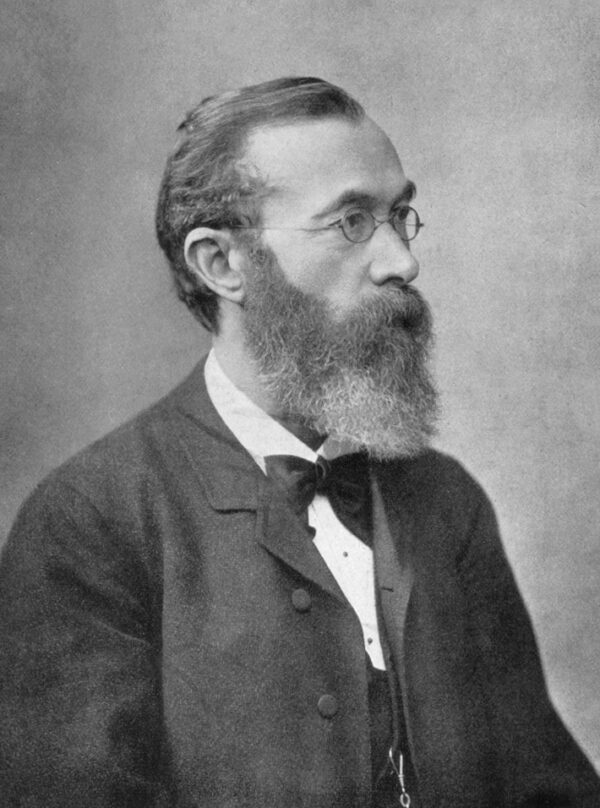Maurizio Maione
Università degli Studi “Guglielmo Marconi” (maurizio.maione63@gmail.com; ORCID: 0009-0000-3337-7881).
The Linguistic-Cognitive Dimension in Wilhelm Wundt’s Psychology
Abstract: This essay is aimed at examining Wilhelm Wundt’s theoretical interest in the genesis and nature of human language according to the methodology of experimental psychology whose theoretical tools also are decisive for the understanding of some linguistic writings published since 1900. There are three points which I will focus on: 1) the procedural-relational nature of mental events; 2) the examination of the processes of volition (Entscheidung and Entschließung) and apperception and, finally, 3) the relationship between apperception and linguistic activity. Points 1 and 2 will allow me to enhance Wundt’s model in relation to Herbart, the principles of associationism and, above all, the theory of faculties. Point 3 will focus on the “causality of will” and the dual nature – internal and external – of apperception. External apperception (meant as action) is necessarily realized in speech and in other sign systems (sign language). We will conclude by placing Wundt’s position also within the debate on the origin of language. Human language is neither a work of art, rationally constructed, nor a natural product, connected to merely physiological-mechanical aspects: it is a product of the psychological processes of volition and the related complex representations (das Ganze) which confirm the appeal to an experimental justification.
Keywords: Apperception; Volition; Representations; Signs; Linguistic Activity.


 invio in corso...
invio in corso...